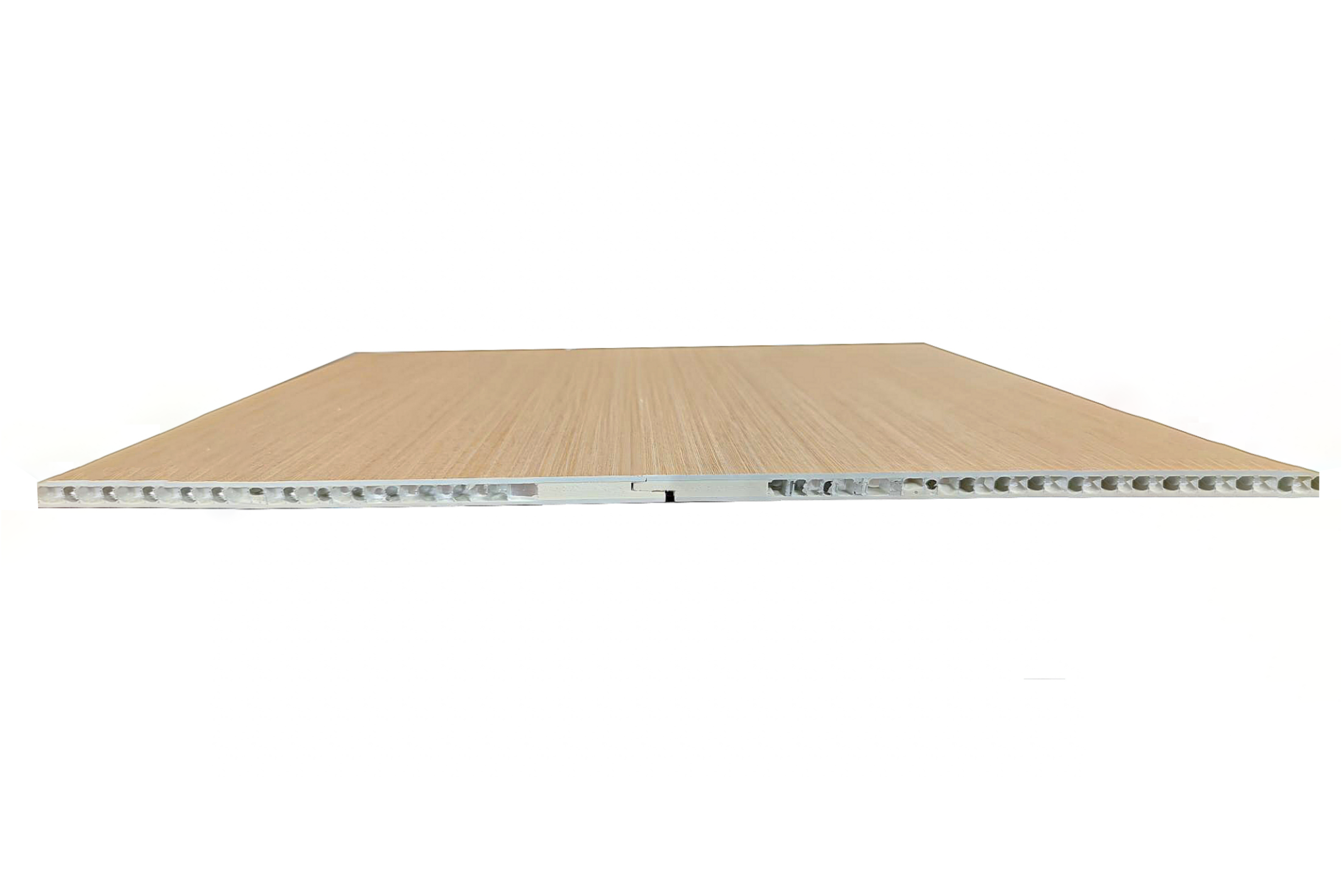When it comes to constructing with concrete blocks, choosing the right mortar mix is crucial for ensuring structural integrity and longevity. With a plethora of options available, it can be overwhelming to determine the best mortar mix for your project. In this comprehensive guide, we will delve into the various factors to consider and unveil the ultimate mortar mix that guarantees exceptional results.
- Understanding the Role of Mortar in Concrete Block Construction:
Before delving into the best mortar mix, it is essential to grasp the significance of mortar in concrete block construction. Mortar acts as a binding agent, holding the blocks together and providing strength and stability to the structure. It also helps to prevent moisture penetration and enhances the overall durability of the construction. - Factors Influencing the Choice of Mortar Mix:
Several factors come into play when selecting the ideal mortar mix for concrete blocks. These include:
a) Block Type and Composition:
Different types of concrete blocks, such as lightweight or dense blocks, require specific mortar mixes to ensure compatibility and optimal performance. Understanding the composition and characteristics of the blocks is crucial in determining the appropriate mortar mix.
b) Environmental Conditions:
Consideration of the local climate, exposure to moisture, temperature variations, and freeze-thaw cycles is vital. These factors influence the mortar's ability to withstand external forces and maintain its integrity over time.
c) Strength Requirements:
The intended use and load-bearing capacity of the structure dictate the strength requirements of the mortar. It is essential to select a mortar mix that meets or exceeds the specified strength standards.
- Types of Mortar Mixes for Concrete Blocks:
a) Type N Mortar Mix:
Type N mortar mix is a popular choice for general-purpose applications. It offers a balanced blend of strength and workability, making it suitable for most concrete block projects. It is commonly used in non-load-bearing walls, interior projects, and areas with moderate weather conditions.
b) Type S Mortar Mix:
Type S mortar mix is a stronger option, ideal for projects that require enhanced durability and resistance to external elements. It is commonly used in load-bearing walls, retaining walls, and areas prone to high winds or seismic activity.
c) Type M Mortar Mix:
Type M mortar mix is the strongest option, specifically designed for heavy-duty applications. It is suitable for projects that demand exceptional strength, such as foundations, below-grade walls, and structures subject to significant loads or lateral forces.
- Achieving the Perfect Mortar Mix:
To ensure the best results, it is crucial to follow proper mixing techniques and adhere to industry standards. Here are some essential tips:
a) Proportions and Mixing:
Maintain the recommended ratio of cement, lime, and sand to achieve the desired mortar consistency. Use a reliable mixing method, such as a mechanical mixer or a mortar hoe, to ensure a uniform blend.
b) Water Content:
Carefully control the water content to achieve the optimal workability and avoid compromising the mortar's strength. Too much water can lead to shrinkage and reduced durability.
c) Curing and Drying:
Proper curing and drying techniques are vital to maximize the mortar's strength and prevent cracking. Follow the recommended curing time and protect the mortar from excessive moisture loss during the initial stages.
Conclusion:
Selecting the best mortar mix for concrete blocks is a critical decision that significantly impacts the structural integrity and longevity of your construction project. By considering factors such as block type, environmental conditions, and strength requirements, you can make an informed choice. Whether it's Type N, Type S, or Type M mortar mix, following proper mixing and curing techniques will ensure exceptional results. Remember, the right mortar mix is the foundation of a successful concrete block construction project.

